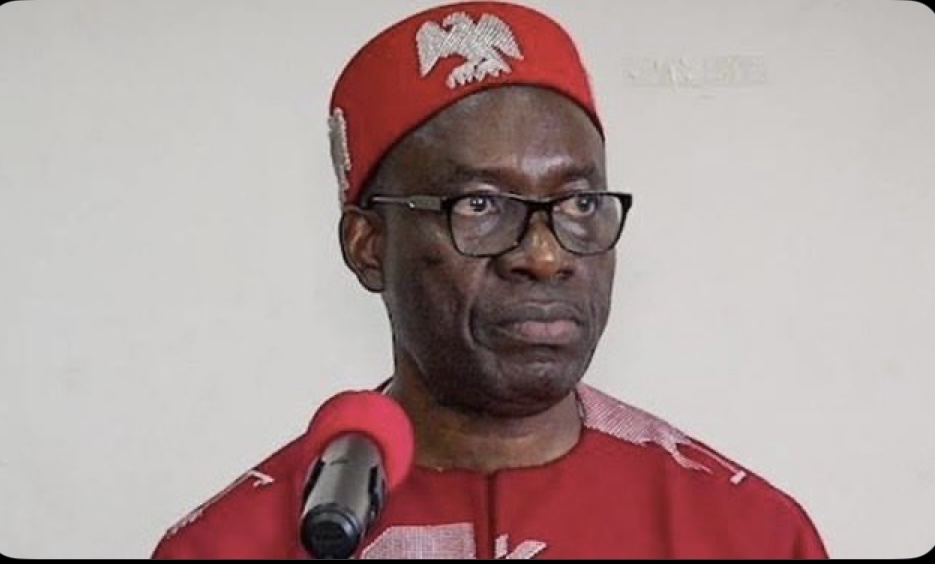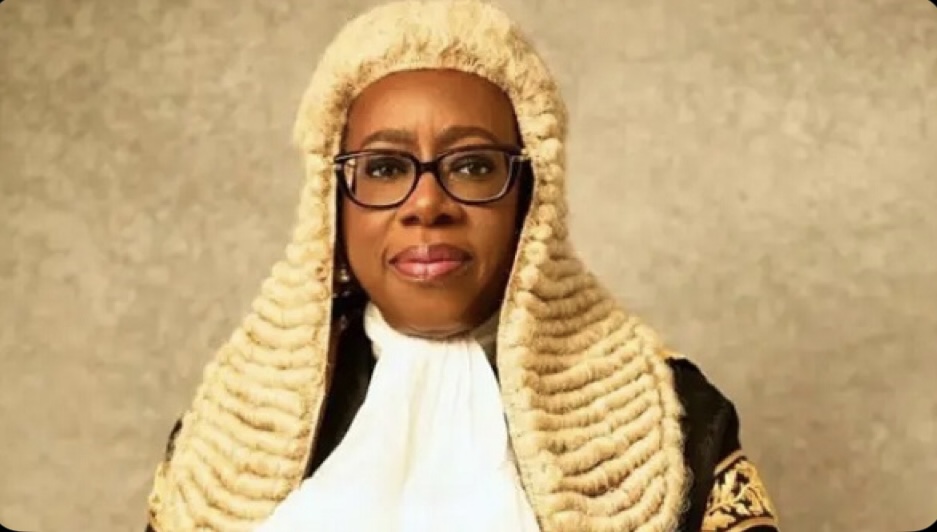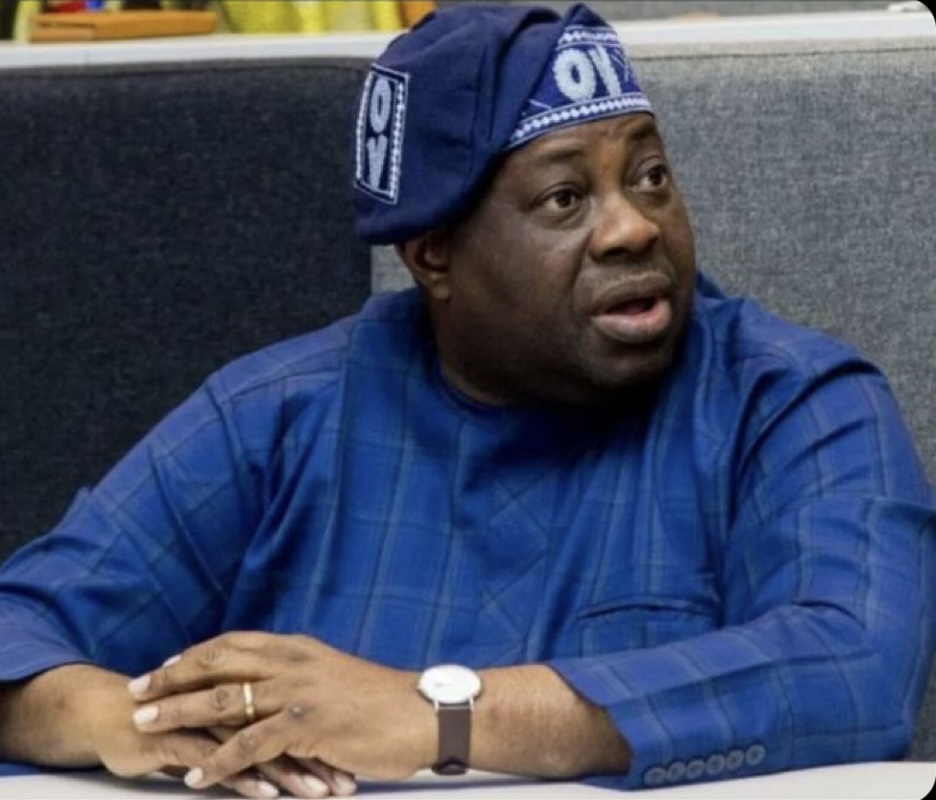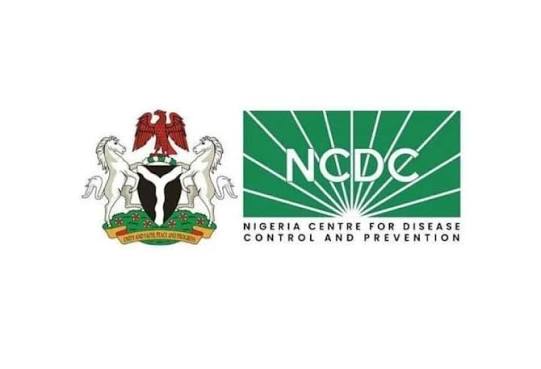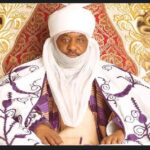Only a New Constitution Can Save Nigeria, Opines Ozekhome
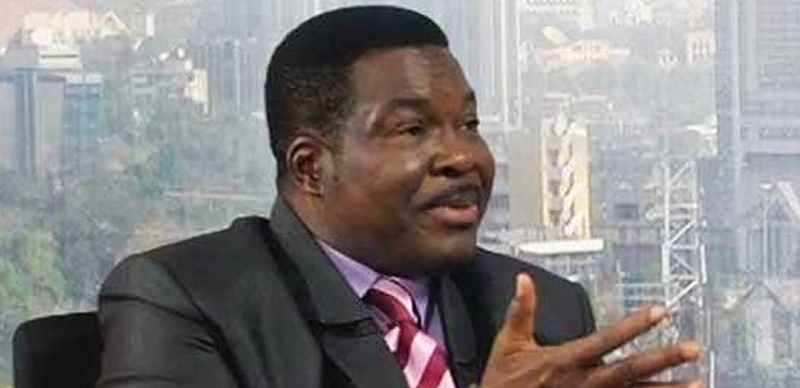
Senior Advocate of Nigeria, Mike Ozekhome, has faulted the National Assembly’s ongoing constitutional amendment process, insisting that only an entirely new constitution, shaped by the will of the people, can address Nigeria’s deep-rooted governance issues.
While the 10th National Assembly’s Joint Committee on Constitution Review has begun work on altering parts of the 1999 Constitution — focusing on fiscal federalism, state police, local government autonomy, state creation, and gender inclusion — Ozekhome believes the process is fundamentally flawed due to the military’s role in the original draft.
“A new constitution, which will be subjected to a referendum of the Nigerian people, is the way to go. One million amendments to a fundamentally flawed military-imposed document can never cure it of its original sin of not being people-driven. There was no Constituent Assembly for the 1999 Constitution. No referendum was done by the Midwest people to draft their constitution on August 10, 1963, which enabled them to have their regional constitution and exit from the Western Region,” he said.
He continued, “The process by which a Constitution comes into effect is as important, or even more important than its content. A people’s referendum was successfully carried out by South Africa in 1996. It has also been done in Egypt, Tunisia, Algeria, Eritrea, Iran, Iraq, Malaysia, Britain (Brexit) and Kenya, among others.”
However, constitutional lawye,r Kamin Asunugie took a different stance, arguing that the problem lies not in the constitution itself but in its implementation.
“The Nigerian governance system does not suffer from any paucity of laws or legislations of any kind. No law provides the cure-all magic for all-time eventualities. The success or failure of laws and indeed of any constitution comes more from those who implement them, the people and their leadership. I do not take the view that the present constitution suffers from inadequacies of provisions or even with regard to lack of exactitude in its wordings. Our laws, inclusive of the extant constitution, are sufficiently worded and crafted to regulate any good society and its good people. They are good enough,” he said.
He added, “The Nigerian, particularly the politician, is innately devilish that, irrespective of how great our constitution may be drafted or redrafted through amendments, the true intents and purposes will never live to see the light of the day. Changing the constitution via amendments or through a wholesale dumping will not change the inadequacies of the character of our leaders and even the followers. Be it known that, as the ignorance of the judge is the calamity of the innocent, so it is that the corrupt character of the judge is the disaster to the just! Nothing works here.”
Echoing skepticism, Transition Monitoring Group Chairman Auwal Rafsanjani criticised the ongoing review process, describing it as a repetitive, costly cycle with little impact.
“Nigerians are tired of this unproductive constitutional review process by the National Assembly since 1999 without substantial, significant amendment to the contentious issues that Nigerians are talking about. A considerable amount of money was spent under President Olusegun Obasanjo to implement political reforms aimed at addressing numerous constitutional challenges and gaps. Nothing came out of it. Because there was no political will, the recommendations were dumped,” he said.
He also pointed to the 2014 National Political Reform Conference under President Goodluck Jonathan, where billions were spent to gather major stakeholders across the country.
“The conference simplified its work and identified areas that required policy by the president, and areas where bills could be submitted to the National Assembly to amend the constitution. Again, because of a lack of political will, the conference report was dumped,” he recalled.
Rafsanjani also took a subtle swipe at the current administration, accusing it of abandoning the restructuring agenda it once championed. “In the past, some people within this administration were always talking about the restructuring of Nigeria. Now that they are in power, they no longer talk about it. They are satisfied with statistics; they are not talking about political reforms in the country.”
Despite the setbacks, he affirmed civil society’s commitment to pushing for meaningful reform. “We will continue to press for genuine political reforms in this country, because there’s no way we will continue with the ongoing wasteful spending in the name of constitutional review.”
Also supporting the call for a people-owned constitution, Joe Okey-Odumakin, founder of Women Arise, said, “I agree that the people deserve their constitution. This comes with a deep sense of responsibility and ownership as the people will be involved in the drafting and ratification of such a constitution. This is how a united and progressive country is run.”
PUNCH


